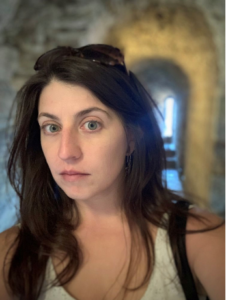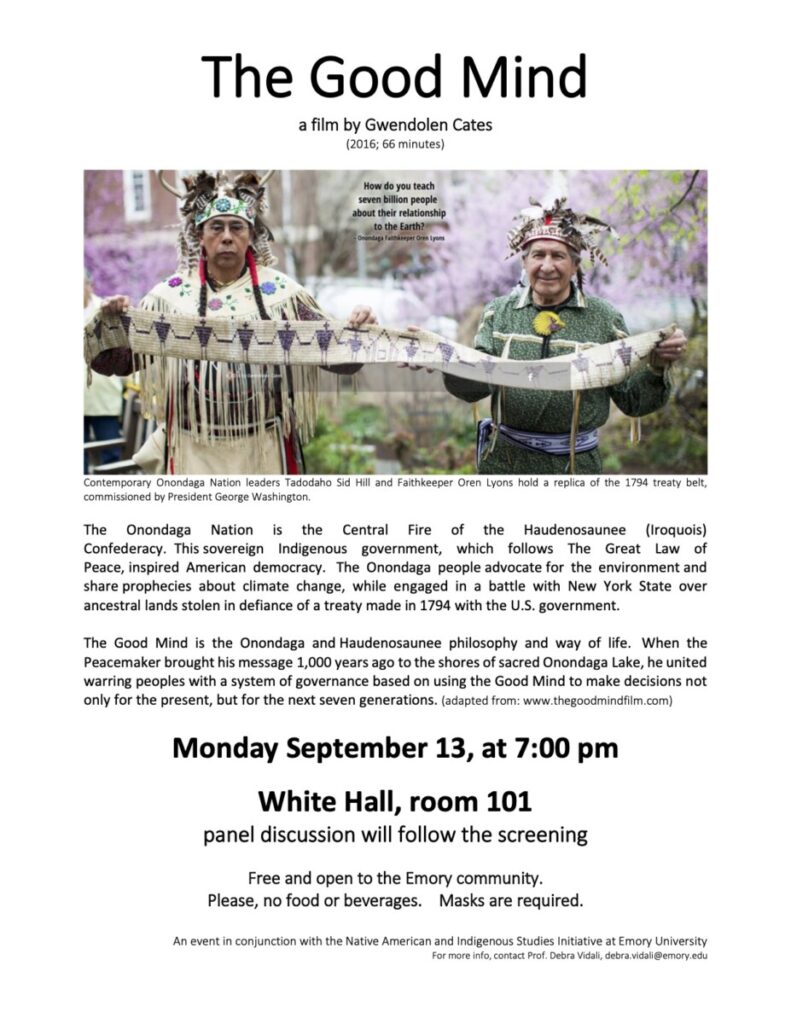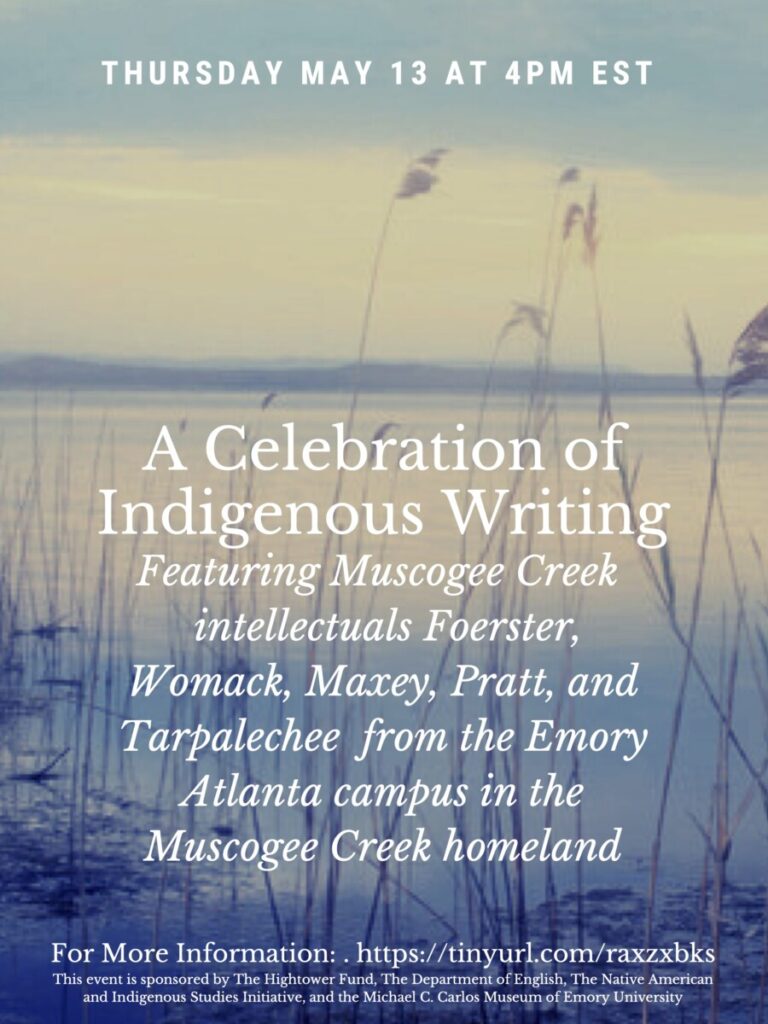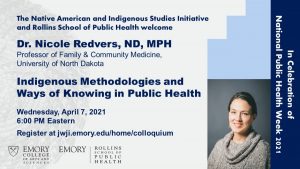Artist’s Talk: Marie Watt
September 26, 2021, 12 PM EST
Location: Carlos Museum, Ackerman Hall
This event sponsored by the Hightower Lecture Fund, the Michael C. Carlos Museum, and Emory University’s departments of Art History, English, Sociology, Anthropology, African American Studies, History, Film and Media Studies, and Women’s, Gender, and Sexuality Studies, and the James Weldon Johnson Institute for the Study of Race and Difference.
“Once there were songs for everything,
Songs for planting, for growing, for
harvesting, For eating, getting drunk,
falling asleep, For sunrise, birth, mind-
break, and war…”
—Joy Harjo, excerpt from An American Sunrise
Marie Watt’s recent work “sings songs for sunrise.” In a series of new works, she continues and expands her approach to working with blankets, words, and stories to evoke a sensual experience of the natural world using a collection of repurposed blankets; their saturated colors suggestive of the hues of sun-lit earth.
As part of her artist-in-residency at the Carlos Museum in conjunction with the exhibition Each/Other: Marie Watt and Cannupa Hanska Luger, Marie will discuss this new body of work, from the inspiration she found in the traditions of the Seneca Nation and in the poetry of Joy Harjo to the ways she uses textiles to create blocks of color—salmon, ochre, rose, honey, lemon, and cranberry—to create “an intimate and sensuous experience of light moving over the horizon, of the radiant change sweeping across sky and ground.”
“What is a sunrise? How does it connect us? In Seneca culture, we offer a thanksgiving address each morning to celebrate the continued connectedness of all things. It’s otherwise too easy to take for granted the revolutions of the sun, the miracle of its daily magic. I’m fascinated by the sunrise — how the sunrise is not the same as sunset; how the quality of sunrise is different from East to West. Isn’t it astounding how at every moment, the sun is rising and setting, somewhere in the world? The sunrise connects us.” —Marie Watt





